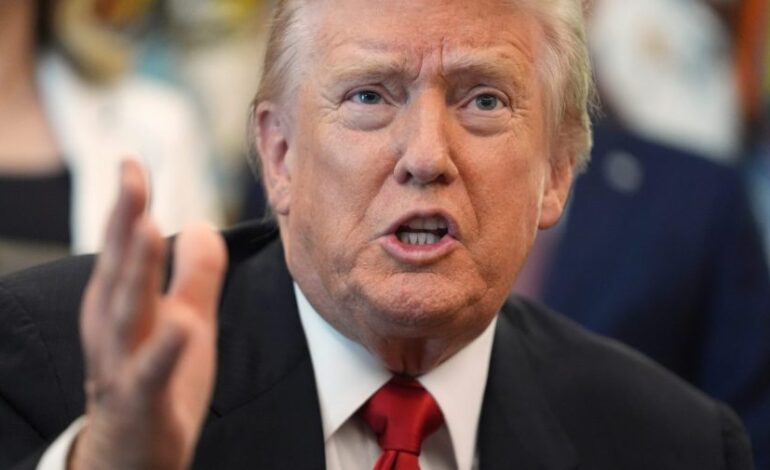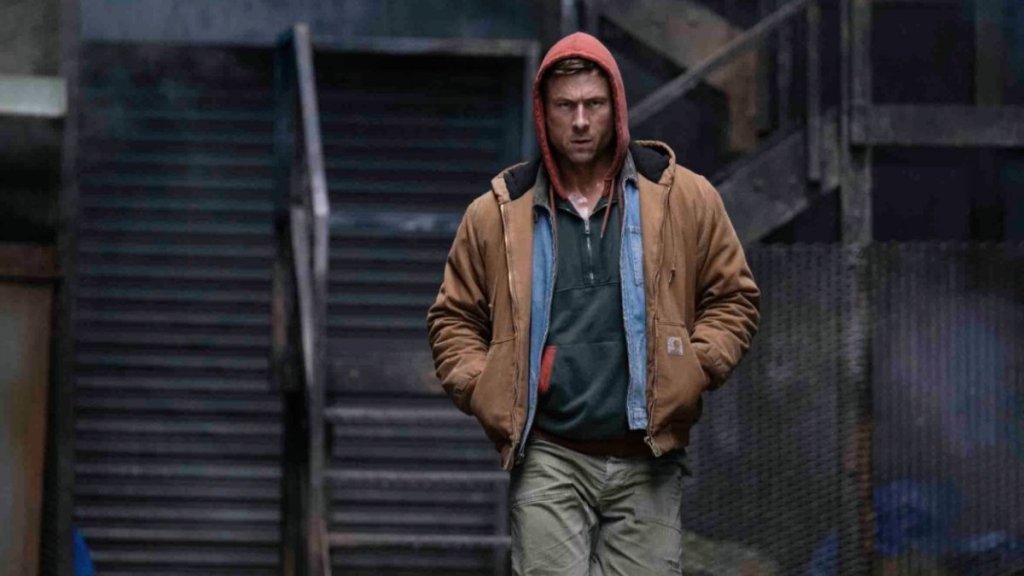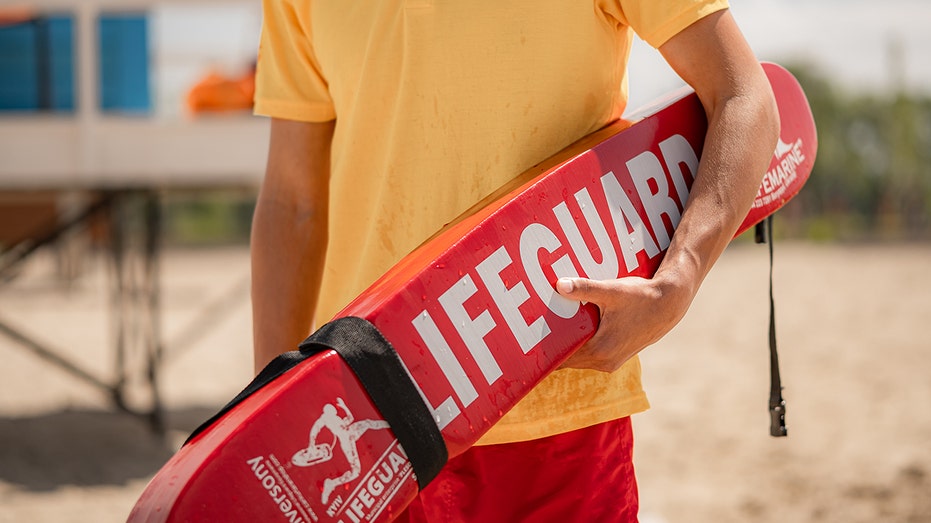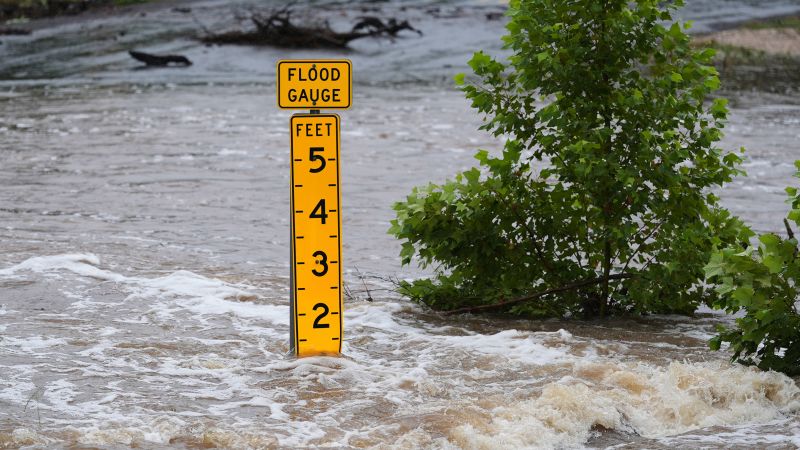Democracy Under Siege: The Impact of Inaction on Rights

Recent events have raised alarms about the state of democracy in the United States, particularly with ongoing actions by former President Donald Trump that challenge the rule of law and constitutional rights. This situation echoes a tragic incident from March 13, 1964, when Kitty Genovese was attacked outside her apartment building in Queens, New York. The attack, which resulted in her death, was reportedly witnessed by nearly 40 individuals who did not intervene.
The concept of the “bystander effect,” where individuals fail to offer help in emergencies when others are present, has resurfaced in discussions about contemporary political inaction. Many observers point to this phenomenon as a concerning parallel to the current political climate, where citizens may feel compelled to remain passive in the face of threats to democratic principles.
Historical Context and Modern Implications
The Kitty Genovese case shocked the nation and spurred discussions on social responsibility and collective action. According to a report by the New York Times, despite numerous witnesses to the brutal attack, no one called for help until it was too late. This incident not only highlighted societal indifference but also inspired research into the psychology of group behavior during crises.
Fast forward to the present, many critics argue that a similar indifference is emerging as the political landscape shifts. Donald Trump‘s rhetoric and actions have raised significant concerns about the erosion of democratic norms and civil liberties. Observers note that the failure of citizens to actively engage in defending these rights can lead to further encroachments on democracy.
The bystander effect in this context manifests as a reluctance to speak out or take action against perceived injustices. This has become a pressing concern, as the implications of inaction extend beyond individual rights to affect the very fabric of society.
Calls to Action in a Divided Society
Advocates for democratic engagement emphasize the importance of individual responsibility. They argue that, much like the witnesses in the Genovese case, people today are often reluctant to take a stand, fearing backlash or feeling disillusioned about the effectiveness of their actions. The idea that “someone else will take care of it” can undermine collective democratic efforts.
Political leaders, civil rights organizations, and concerned citizens are now urging individuals to become more proactive. Public demonstrations, community engagement, and open dialogues are vital in countering apathy and fostering a culture of accountability. As history has shown, remaining a passive observer can have dire consequences.
The challenge remains significant, as many feel overwhelmed by the complexities of modern governance and political discourse. Nevertheless, advocates stress that the stakes are too high to ignore. The lessons from the past, particularly the tragic events surrounding Kitty Genovese, serve as a stark reminder of the need for vigilance and action in the preservation of democracy.
In conclusion, the parallels between historical incidents and current political dynamics illuminate the urgent need for active citizen participation. As democracy faces increasing threats, the call for individuals to rise above the bystander effect has never been more vital. Engaging in the democratic process can help ensure that the rights and freedoms we hold dear are preserved for future generations.






